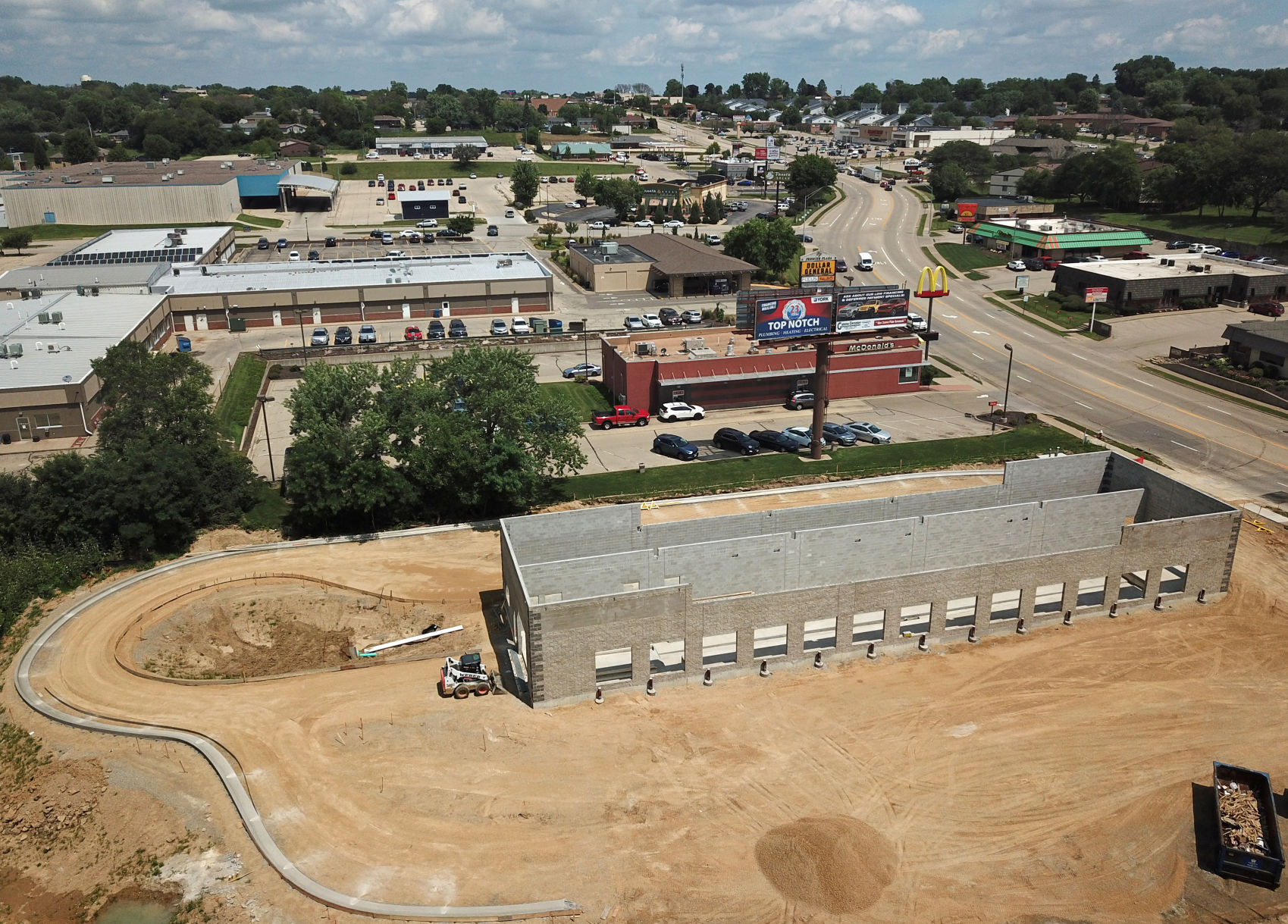The total value of permitted construction projects in Dubuque tumbled nearly 50% in the first six months of 2020.
A Telegraph Herald analysis found that the city issued permits for projects totaling $56.9 million through June 30. That is down from $107.2 million during the same, six-month stretch the prior year.
An even steeper drop was evident in commercial and industrial projects, a subset of the larger figure that includes the construction of new properties and additions or improvements to existing ones. The city issued permits for $90.5 million in those projects in the first half of 2019, compared to just $43.9 million in the first half of this year.
City Economic Development Director Jill Connors said it is hard to determine whether the spread of COVID-19, which has caused widespread economic disruption, is responsible for the drop-off in construction.
“There is quite a variation in terms of how many projects come through our offices,” she said. “Any differences may or may not be related to the virus.”
City permits are issued for a wide variety of projects, including new commercial and industrial structures, improvements to such buildings, new home construction and improvements or additions to residential properties.
The overall value of permitted projects can be significantly impacted by a few big-ticket items.
In April 2019, a city permit for the restoration of the VOICES building in Dubuque’s Millwork District pegged the value of the project at $29 million. The construction of a new facility for Medline Industries — then estimated to cost $17 million — was also among the major projects awarded in early 2019.
The first six months of the current year have yielded fewer big-ticket initiatives, with the $16 million renovation of Hormel Foods representing the lone permitted project that exceeded $10 million in estimated value.
While commercial projects have declined overall, there has been an increase in residential projects.
In June 2020, for instance, the city issued permits for more than $737,000 worth of residential “additions, alterations and conversions.” The previous year, the city issued $608,000 for such projects.
The city’s acting building services manager, Cori Burbach, believes the unique conditions brought about by the novel coronavirus have freed up both time and money to invest in such projects.
“People are spending more time at home,” she said. “And because they may not be spending money on vacation, it gives them an opportunity to invest more in their homes.”
Despite a relative lack of major commercial projects, Connors emphasized that her office still has seen strong interest in smaller projects.
She noted that city grant programs support facade improvement projects, as well as efforts to create new-and-improved rental units.
“We thought that (interest in these programs) would slow down, and it hasn’t,” she said. “There has been more activity than I anticipated.”
Connors added that some larger economic development projects are “in the hopper” and could be announced in the second half of 2020.
“Everybody is hopeful that the economy is going to rebound,” she said. “No one knows what, exactly, this will mean. The economy might look different than it did in the past, but everyone is hoping to see improvement.”


